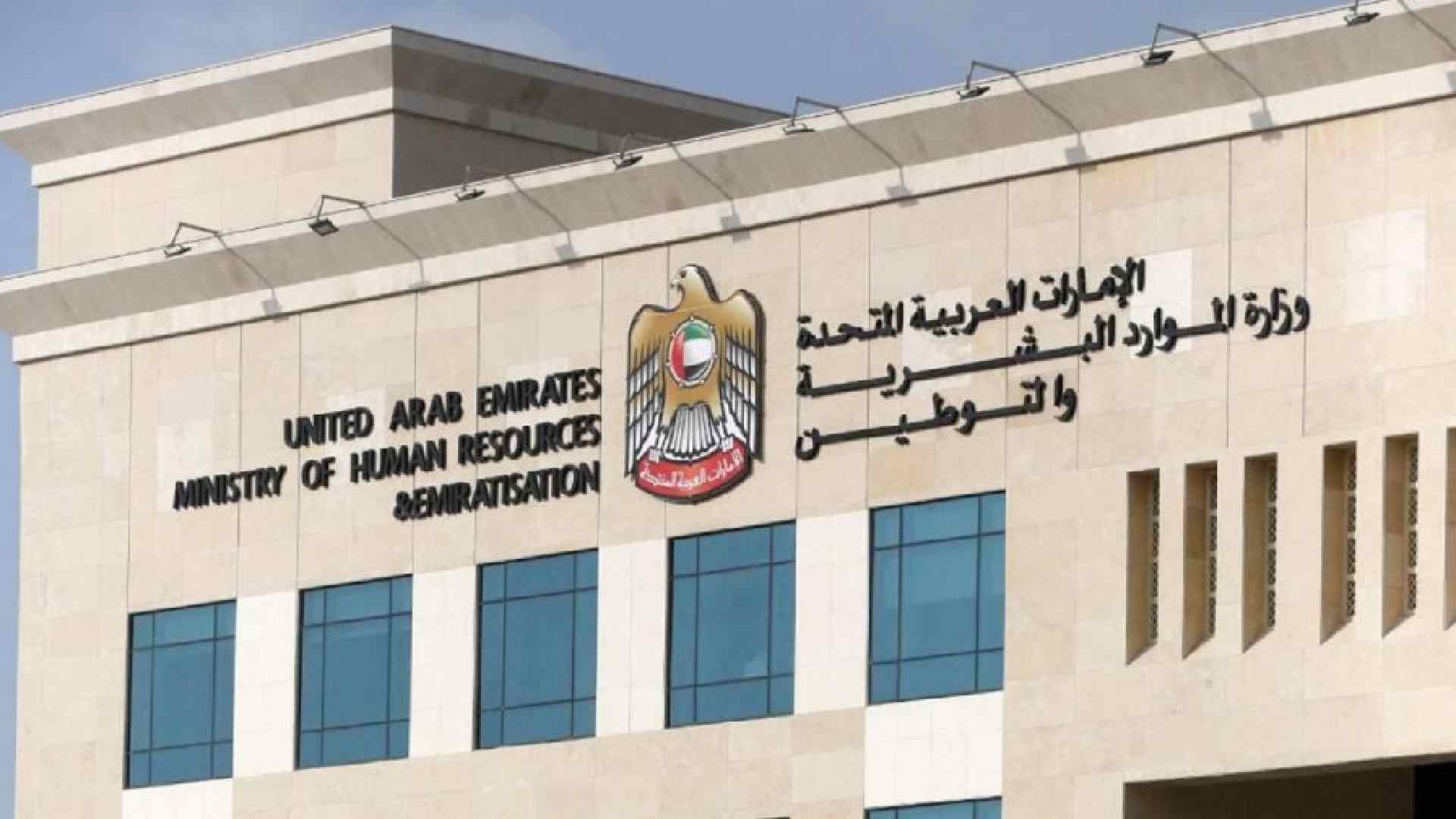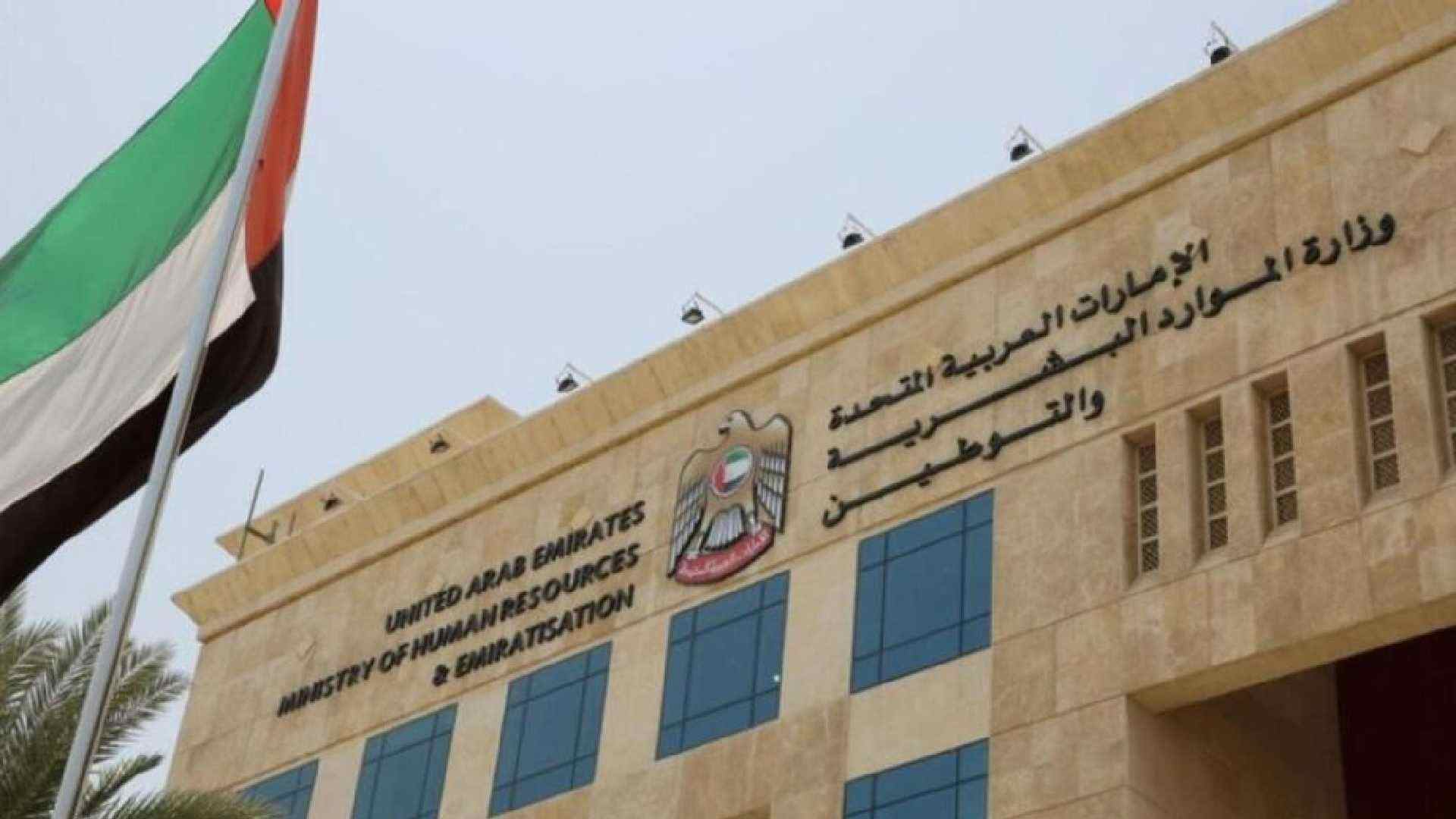MOL UAE is a vital branch of the United Arab Emirate’s government. Moreover, MOL UAE stands for the Ministry of Labour, although is also known as the MOHRE (Ministry of Human Resources and Emiratization). Plus, the MOL UAE is responsible for overseeing labor affairs and regulating employment matters across the country. Initially, the MOL UAE was stablished to uphold labor laws, safeguard workers’ rights, and foster a conducive work environment. The MOL UAE plays a crucial role in shaping the UAE’s labor landscape.
In this article, it will be explained in detail all about the MOL UAE enquiry, how the ministry of labor in the UAE works, and even the Ministry of Labour contact number, the Mohre regulations, and more.
Understanding the Ministry of Labour
If any individual plans to work in the UAE, first it is a must to understand how the MOL UAE works. Plus, the UAE ministry of labor can be contact across the United Arab Emirates, like the MOL Dubai. By this, gaining information from MOL UAE is easy, quick, and accessible.
Establishing Fair Labour Practices in the UAE
- Ratification of International Labor Organization Conventions: Firstly, the UAE Ministry of Labour has ratified nine major International Labour Organization conventions. Therefore, this demonstrates its commitment to upholding workers’ rights on a global scale.
- Domestic Labor Protections: Moreover, the implementation of Federal Law Number 10 of 2017 has strengthened protections for overseas domestic workers. Consequently, this ensures rights such as retaining personal documents, changing employers, and receiving paid leave and insurance.
- Transparency in Employment Contracts: This means, that reforms focus on enhancing transparency in job terms and employment contracts. As a result, it clarifies termination procedures and ensures that contracts are registered with the MOL.
- Prohibition of Recruitment Fees: Most importantly, charging recruitment fees to prospective employees is illegal, and measures are ready to protect workers from unscrupulous recruiters.
- Passport Protection and Freedom of Movement: As shown, confiscation of workers’ passports is prohibited. So, workers do not need their employer’s permission to leave the country.
- Health Insurance and Accommodation: That way, employers are required to provide comprehensive health insurance at their cost. Therefore, strict regulations govern the provision of proper accommodation for workers.
- Wage Protection System: More than 3.2 million workers are paid through the WPS. Hence, ensuring timely and full payment of agreed wages through an electronic transfer system.
- Adjudication and Complaint Mechanisms: This means, workers have access to free formal adjudication by the MOHRE UAE in case of conflicts with their employers. Also, 24-hour toll-free hotline is available for filing complaints.
- Establishment of Support Offices: As said, offices in courts provide legal support to workers in labor disputes. Plus, labor care units across the UAE offer protection and raise awareness of workers’ rights.
- Penalties for Violations: Enforcement of worker protections has intensified. In this manner, substantial penalties are imposed for violations related to working conditions and workers’ rights.
Promoting Decent Work and Safe Workplaces
It is very crucial for the MOL UAE to promote decent work ethics and keep safe workplaces. Therefore, the next key principles are followed to make sure employees are under the right conditions.
- Decent work, recognized as a fundamental human right by the International Labour Organization (ILO), ensures that individuals have access to fulfilling and productive employment opportunities.
- Access to decent work contributes to economic growth by enhancing productivity and increasing consumer spending, thereby stimulating the economy and creating new job prospects.
- Availability of decent work fosters social cohesion by instilling a sense of belonging and connection within communities, consequently reducing the likelihood of social unrest.
- Decent work positively impacts mental health by providing individuals with a sense of purpose and fulfillment, thereby reducing the risk of mental health issues such as depression and anxiety.
- Access to decent work with fair wages helps to alleviate poverty by enabling individuals to support themselves and their families, thereby improving overall living standards and reducing poverty levels.
The ministry of labor in UAE ensures these conditions are followed. In any case, there is the option to use the Ministry of Labour contact number to make any possible reports.
Fostering Employers-Employee Relations
For the MOL UAE, as part of creating an ideal environment for employers and employees and reassure its functionality, the next principles are followed:
- Open Communication Channels: Firstly, encourage open dialogue between employers and employees, allowing for the free flow of information, feedback, and concerns.
- Fair and Transparent Policies: Second, establish clear policies and procedures regarding employment terms, performance expectations, promotions, and grievance handling. Ensure these policies are communicated effectively and applied consistently to foster trust and fairness.
- Recognition and Appreciation: Third, acknowledge and appreciate employees’ efforts and achievements regularly. Recognition can come in various forms, such as verbal praise, employee awards, or incentives, boosting morale and motivation.
- Opportunities for Growth: Fourth, provide opportunities for skill development, training, and career advancement. Investing in employees’ professional growth demonstrates commitment to their success and encourages loyalty and dedication.
- Work-Life Balance: Fifth, promote a healthy work-life balance by offering flexible work arrangements, paid time off, and wellness programs.
- Conflict Resolution Mechanisms: Sixthly, establish effective conflict resolution procedures to address disputes or misunderstandings promptly and impartially.
- Employee Involvement in Decision-Making: Seventh, involve employees in decision-making processes that affect their work environment, such as policy changes, team projects, or organizational strategies. Empowering employees to contribute to decision-making fosters a sense of ownership and commitment.
- Fair Compensation and Benefits: Eighth, ensure fair compensation and benefits packages that align with industry standards and recognize employees’ contributions.
- Promotion of Diversity and Inclusion: Ninth, create an inclusive workplace culture that values diversity and respects employees’ differences. Embrace diversity in hiring practices, promote equal opportunities for advancement, and foster an environment where everyone feels valued and respected.
- Continuous Feedback and Performance Reviews: At last, implement regular performance feedback sessions and constructive performance reviews to provide employees with guidance on their progress, areas for improvement, and opportunities for growth.
Key Regulations and Services Provided by the Ministry
The MOL Ministry of Labour boasts a comprehensive regulatory framework to promote transparency, accountability, and ethical conduct in business operations. Below, a concise overview of key regulations businesses should be aware of:
- Anti-Corruption Laws: Firstly, upholding Integrity the MOHRE UAE upholds stringent anti-corruption laws, underscoring its commitment to a corruption-free business landscape.
Therefore, companies must implement robust anti-corruption policies, conduct due diligence on partners. Plus, establish internal controls to deter bribery and corrupt practices.
- Data Protection Regulations: Second, to ensure privacy, the Federal Data Protection Law safeguards individuals’ privacy rights and regulates the collection, processing, and transfer of personal data.
So, key requirements include data transfer restrictions, whistleblower platform isolation, consent management, and breach notification protocols.
- Sanctions Compliance: Third, adhering to International Standards Companies involved in cross-border trade must comply with international sanctions to avoid transactions with restricted entities or individuals.
To foster a strong culture of compliance, businesses should conduct regular internal audits and seek expert legal guidance to navigate the intricate regulatory landscape in the UAE.
Key Regulatory Authorities:
Central Bank of the UAE (CBUAE): Supervises and regulates financial institutions, setting AML/CFT guidelines, conducting inspections, and enforcing compliance.
Securities and Commodities Authority (SCA): Regulates the securities and commodities market, ensuring market participants adhere to AML/CFT requirements.
Dubai Financial Services Authority (DFSA): Oversees financial services in the Dubai International Financial Centre (DIFC), enforcing AML/CFT regulations for institutions operating within the zone.
Therefore, to build a strong compliance culture, conduct regular internal audits and seek expert legal advice. Firstly, regulatory authorities like:
- Central Bank of the UAE
- Securities and Commodities Authority
- Dubai Financial Services Authority
They oversee compliance efforts and enforce regulations, ensuring adherence to AML/CFT requirements. Also, for MOL UAE enquiry or MOL Dubai services, consult the Ministry of Labour in UAE for assistance and guidance on labour-related matters.
Avoiding Penalties and Ensuring Legal compliance
Ensuring legal compliance and avoid penalties in the UAE is important. So, businesses must adhere corporate to compliance requirements set forth by regulatory authorities such as the Ministry of Labour (MOL).
- Familiarize Yourself with Regulations: Stay informed about mandatory corporate compliance requirements relevant to your business activities in the UAE.
Therefore, this includes understanding anti-money laundering and counter-terrorism financing (AML/CFT) regulations, accounting standards, and corporate governance laws.
- Implement Robust Compliance Measures: Establish internal controls, policies, and procedures to ensure compliance with regulatory requirements. Also, this may involve conducting regular audits, risk assessments, and due diligence on business activities and transactions.
- Train Employees: Provide comprehensive training to employees to educate them about their legal obligations and the importance of compliance. Also, ensure they understand AML/CFT regulations, financial reporting requirements, and corporate governance principles.
- Maintain Accurate Records: Keep detailed and accurate records of financial transactions, accounting records, and corporate documents. Also, this includes maintaining proper accounting records and financial statements as required by law.
- Conduct Regular Compliance Audits: Regularly review your compliance processes and procedures to identify any potential gaps or deficiencies. Also, conduct internal audits or engage external auditors to assess your compliance status and address any issues promptly.
Consequences of Non-Compliance:
- Fines: Non-compliance with AML/CFT regulations can result in fines of up to AED 5 million. Therefore, failure to maintain proper accounting records and financial statements may lead to fines of up to AED 50,000, while failure to hold annual general meetings can incur fines of up to AED 10,000.
- Imprisonment: In addition to fines, individuals found guilty of serious compliance breaches may face imprisonment under UAE law.
- Revocation of Licenses: Non-compliance with regulatory requirements may lead to the revocation of business licenses and permits. Consequently, resulting in the suspension or cessation of business operations in the UAE.
Conclusion
All and all, the Ministry of Labour in UAE stands as a cornerstone in safeguarding the rights of workers and fostering equitable labor practices across diverse sectors.
- So, with its robust regulatory framework and stringent enforcement mechanisms. the MOL Ministry of Labour, ensures that employers adhere to labor laws. Thereby, upholding the fundamental rights of employees.
- Most importantly, a primary mandate of the MOL is to ensure the welfare of workers by enforcing labor laws and regulations concerning wages, working hours, and occupational safety standards. All this, through vigilant monitoring and swift action against violations, the MOL contributes to cultivating a safe and supportive work environment for employees nationwide.
- Moreover, the MOL is deeply committed to championing social justice and inclusivity within workplaces. All this, by actively combating discrimination, exploitation, and unfair treatment, irrespective of nationality or gender.
- Also, the MOL endeavors to foster workplaces where diversity is embraced, and all employees are treated with dignity and respect. Through targeted initiatives and awareness campaigns, the MOL strives to instill a culture of inclusivity and equality across the labor landscape.
- Additionally, the MOL serves as a vital facilitator of conflict resolution and grievance mechanisms for workers. So, by providing avenues for employees to voice concerns, lodge complaints, and seek redressal, the MOL plays a pivotal role in resolving labor-related disputes amicably and fairly as a result.
Because of this, through mediation services and legal assistance, the MOL aims to uphold the rights and interests of both employers and employees. Therefore, ensuring a harmonious working environment conducive to mutual prosperity.
If you want to learn more about this and other topics, go to our insights section now!


